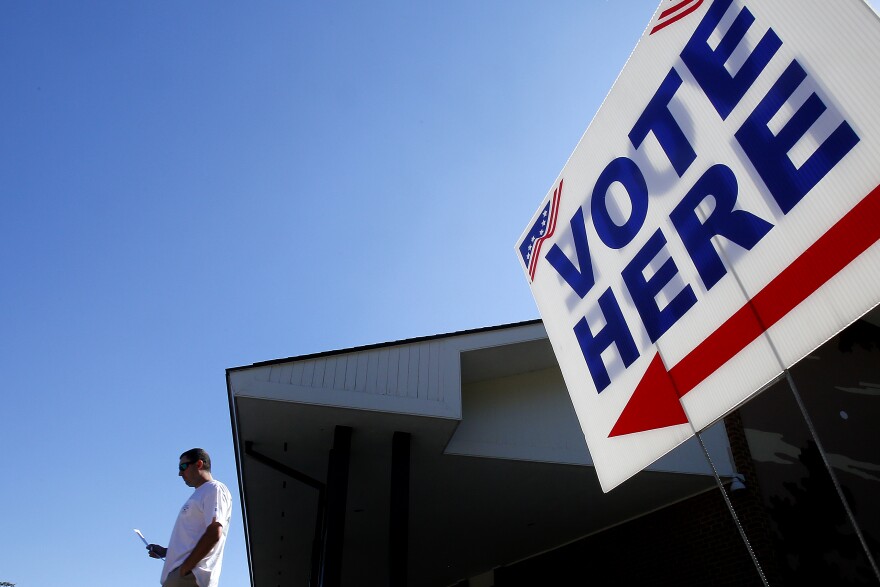The 2024 general elections will be the first presidential contest for which North Carolina voters — absent permitted exceptions — will be to provide photo identification for casting absentee or in-person ballots. A set of aims to ensure uniformity in how precinct judges implement the ID law at polling sites in all 100 counties.
The state elections board is taking public comment on the proposed rules until Jan. 16.
The rules stem from a 2018 photo ID law passed by the Republican-majority North Carolina General Assembly. That law was halted by litigation in state court. A panel of trial judges had ruled the ID requirement would have a discriminatory impact on Black voters because statistics showed they would be less likely to possess the required forms of identification. That ruling was upheld by a 4-3 majority decision in the North Carolina Supreme Court when Democrats held a one-seat edge.
However, in the 2022 midterms, after Republicans won a majority on the state Supreme Court, GOP legislators sought a rehearing on the case. The court's new Republican majority reversed the earlier decision, and the photo ID requirement was restored in time for the 2023 municipal elections.
Absentee voters may cure ballot defects by email
The photo ID requirement went into effect for the municipal elections under temporary rules adopted by the state elections board. Now, with early, in-person voting for the 2024 set to start Feb. 15, the board will consider adoption of the permanent rules.
Under one proposed rule, when absentee-by-mail voters submit a photocopy of their photo ID, officials must inform them of any deficiencies with their application by mail as well as by telephone or email.
"Just so that [the voters] have time before the election gets certified and finalized to correct those problems," said Paul Cox, General Cousel for the North Carolina State Board of Elections.
Voters can cure such deficiencies in person, by mail, or by email.
Most voters will go through the process 'you're accustomed to,' elections official says
For in-person voters, if an election official at the poll decides a person does not bear a reasonable resemblance to the photo on the ID they're presenting, then the official must explain the reasons and invite that person to provide another ID.
If the voter cannot do so, the election official's challenge would go to the precinct judges for a vote. If the judges unanimously determine the voter does not bear a resemblance to their photo, then the voter would have the option of casting a provisional ballot. However, absent unanimity, the voter still could cast a regular ballot.
Cox said for most North Carolina voters, the photo ID requirement should prove pretty uneventful.
"The check-in person at the voting place is going to ask to see your photo ID," Cox said. "You'll show your driver's license, student ID, veteran card, passport, whatever it may be, and then you'll go through the voting process just like you're accustomed to."







